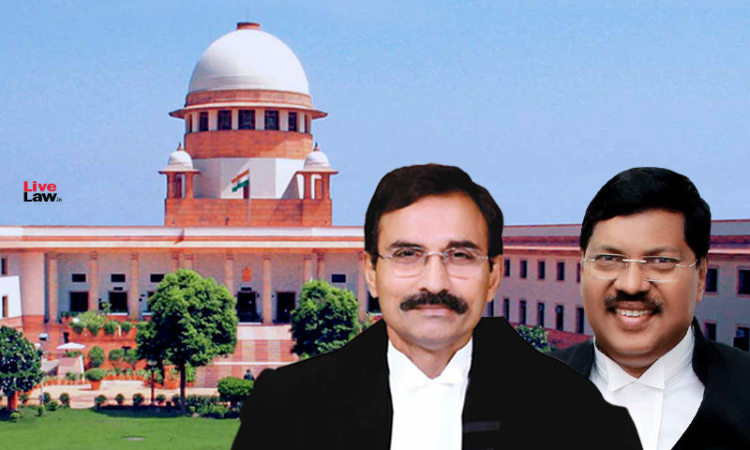The Supreme Court, on Wednesday, held that the Kerala Revocation of Arbitration Clauses and Reopening of Awards Act, 1998 to be unconstitutional as it had an effect of annulling the awards passed by the arbitrators and the judgments and decrees passed by the courts.A bench comprising Justices L Nageswara Rao and BR Gavai dismissed the appeals filed by the State of Kerala against a Kerala...

